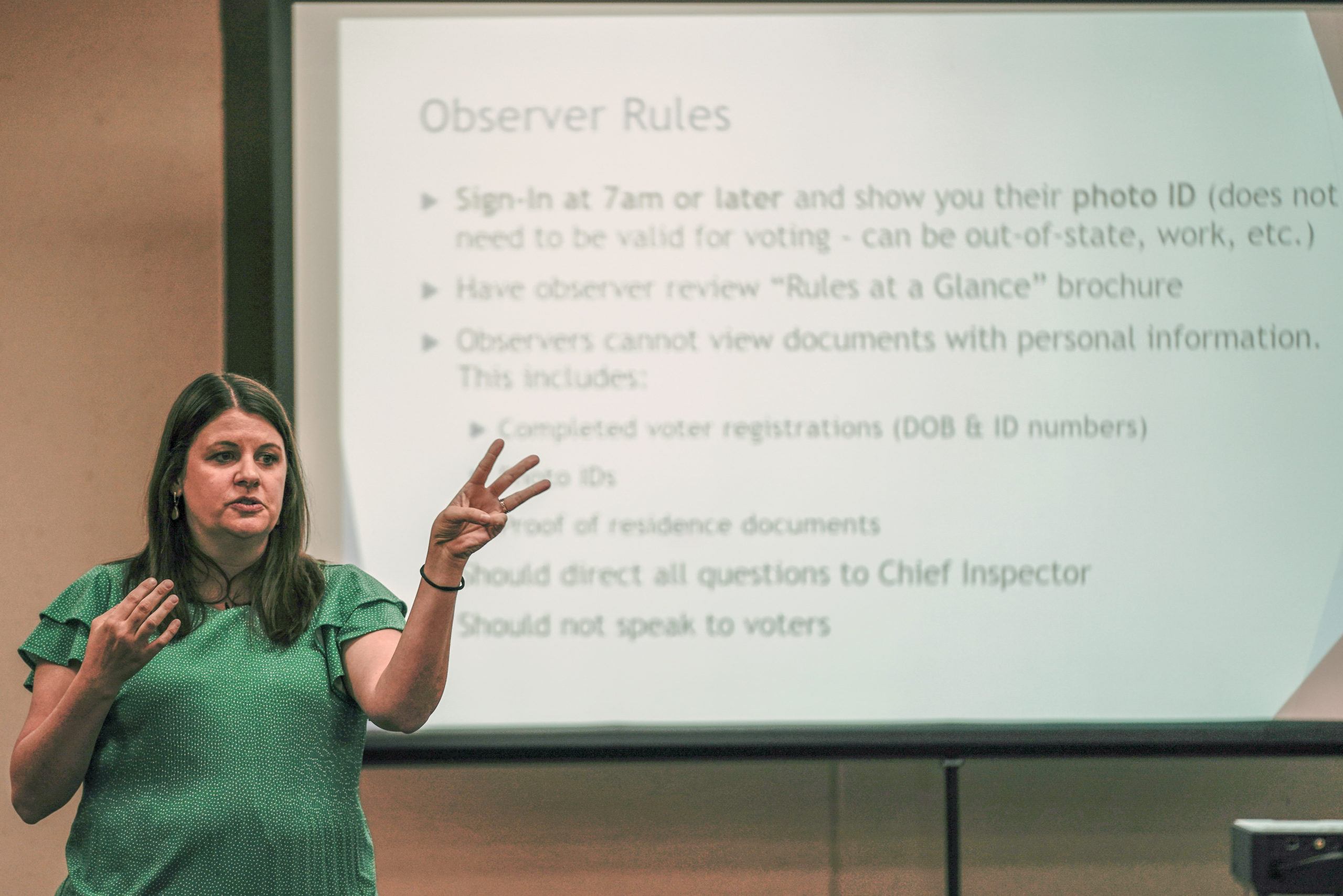Bartering catches on in legal profession
By: dmc-admin//June 15, 2009//
 When Frank Tassoni, a solo attorney in Attleboro, Mass., wanted someone to fix his 1991 Miata, he put an ad on the advertising Web site Craigslist offering to provide legal services in exchange for auto repairs.
When Frank Tassoni, a solo attorney in Attleboro, Mass., wanted someone to fix his 1991 Miata, he put an ad on the advertising Web site Craigslist offering to provide legal services in exchange for auto repairs.
“I had some savings, but that’s been depleted,” said Tassoni, whose practice was concentrated in real estate.
Although he is transitioning his practice into bankruptcy and collections, “I’m nervous spending $2,500 right now,” Tassoni said.
He uses another car for work, but is sentimental about his Miata and doesn’t want to get rid of it.
Tassoni has bartered on a small-scale in the past, performing legal work for people he knows in exchange for a computer printer and computer repairs.
He saw a news report about how bartering is becoming more popular during the recession and decided to try bartering legal services for auto repairs.
His ad says he will consider collections work, real estate, estate planning issues and other legal services in exchange for repairs to his Miata.
Shawn French, a solo attorney in Mt. Pleasant, S.C., has bartered successfully for computer services, office furniture and plumbing services since opening his firm last September.
“I’m very open to the idea,” he said.
French does a lot of mortgage foreclosure defense work, and said many of his clients are skilled workers who have lost their jobs and are financially strapped.
“At the same time, I have things I need to have done, and things I need,” he added.
“A lot of my clients are builders,” he noted. “There’s been discussions about what I need done around my house.”
One client repaired French’s chimney, which actually cost the contractor less than he would have to pay an attorney in cash.
Another client fixed the leaky faucets in the bathrooms of his home.
French is currently representing a local office supply store in a lawsuit in return for a line of credit at the store.
“I work for them and bill at my hourly rate, and they give me credit at their store,” he explained.
French said the process is similar to traditional payment arrangements. He has fee agreements with all his clients and bills at his hourly rate, but no money is exchanged. French said he only barters with people he trusts. As his practice grows, he added, he may decrease the amount of bartering he does with clients.
“But right now, it works for me,” he said.
Susan Cartier Liebel, a coach/consultant for solos and small law firms bartered for sheet rock, carpeting and painting when she opened her office in the mid-1990s.
She predicted that bartering for legal services will become more common as clients who have been laid off or are worried about money offer goods and services in lieu of cash.
‘A Little Bit Uneasy’
Kim Wilson Vincent, a new solo lawyer in Austin, Texas, was “a little surprised” when a potential client recently asked if she’d be willing to accept part of her retainer in cash and barter for the rest.
“I just didn’t know how to handle that situation and felt a little bit uneasy at first,” she said.
Vincent contacted her state bar association, and said, “It turns out that a lot of attorneys barter and have been doing it successfully for a long time.”
The client decided to rethink whether to proceed with her lawsuit. But if she decides to proceed, Vincent now has more information about bartering.
And if she does agree to barter, she added, she is going to make sure she gets enough money up front in case the client fails to follow through with the promised goods or services.
That’s a good idea, according to Carolyn Stevens, a veteran solo family attorney in western Montana, who was shortchanged by a client in a barter arrangement.
“He was supposed to cut firewood, but never showed up,” said Stevens, who had already filed documents in the case.
She eventually had to withdraw as the lawyer of record because the client didn’t fulfill his part of the bargain.
Stevens advised lawyers who try bartering to make sure the individual they are dealing with is trustworthy. She’s considering another barter arrangement, but this time it’s with someone she has worked with and with whom she shares mutual friends.
Several attorneys also recommended that an attorney have a contract specifying the work exchange, so that if the client fails to perform the specified work or provide a specific item in exchange, the dispute can be settled in court.
The attorney also needs to make it clear — both in the agreement and in client discussions — that she can withdraw if the client does not meet the terms of the agreement, Stevens added.
Attorneys should check with their state bars to make sure bartering is acceptable in that state.
And Stevens noted that it’s important to remember that goods or services received through barter are considered “taxable events.”
Stevens said she would consider bartering more often if it involved a tangible good, such as a bicycle, that she could look at, rather than a promised service.
So far, Tassoni hasn’t received any responses to his ad. But he said he is optimistic about getting an offer.
“The repair on the Miata is all labor,” he said. “If someone [has a free] Saturday afternoon he could probably barter the work on it for a closing or a filing.”
Legal News
- Money isn’t enough to smooth the path for Republican candidates hoping to retake the Senate
- Milwaukee election leader ousted 6 months before election in presidential swing state
- Former President Trump calls for arrest of special prosecutor Jack Smith
- Wisconsin judge dismisses lawsuit challenging state’s new wolf management plan
- Wisconsin Supreme Court issues opinion on Milwaukee Police officer fired over Facebook posts
- Gov. Evers Seeks applicants for Menominee County Register of Deeds
- Donald Trump calls Joe Biden weak on antisemitism, ignoring his own rhetoric
- Gov. Evers again calls Republican lawmakers into special meeting
- CIA is obstructing justice and witness tampering in Havana Syndrome cover up, attorney says
- Wisconsin Supreme Court will decide whether mobile voting sites are legal
- WisDOT honors Wisconsin State Patrol staff for going above and beyond to keep communities safe
- Milwaukee Men sentenced to Federal Prison for pharmacy robberies and firearms offenses
WLJ People
- Power 30 Personal Injury Attorneys – Russell Nicolet
- Power 30 Personal Injury Attorneys – Benjamin Nicolet
- Power 30 Personal Injury Attorneys – Dustin T. Woehl
- Power 30 Personal Injury Attorneys – Katherine Metzger
- Power 30 Personal Injury Attorneys – Joseph Ryan
- Power 30 Personal Injury Attorneys – James M. Ryan
- Power 30 Personal Injury Attorneys – Dana Wachs
- Power 30 Personal Injury Attorneys – Mark L. Thomsen
- Power 30 Personal Injury Attorneys – Matthew Lein
- Power 30 Personal Injury Attorneys – Jeffrey A. Pitman
- Power 30 Personal Injury Attorneys – William Pemberton
- Power 30 Personal Injury Attorneys – Howard S. Sicula











